News and Events
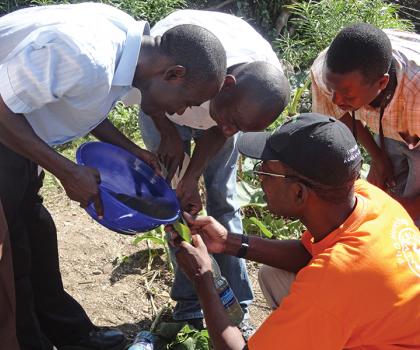
Vector-borne diseases and intensification of agriculture
Recent findings by icipe, due to be published in a forthcoming issue of the Centre’s International Journal of Tropical Insect Science, have demonstrated the significant role of larval habitat conditions in determining the distribution patterns of mosquitoes.
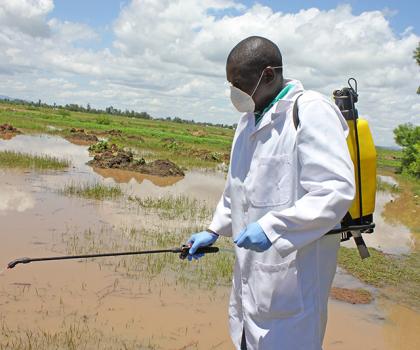
Biolarvicides and malaria control
icipe recently published the results of a study conducted in Tolay, southwestern Ethiopia, to explore the ability of three biolarvicides: neem, chinaberry, and Bacillus thuringiensis israelensis (Bti), to kill the larvae of Anopheles arabiensis, the mosquito vector of malaria, in comparison to conventionally used insecticides.
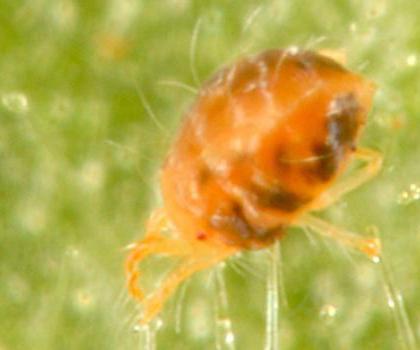
African nightshade lures spider mites to a dead-end
A species of the African nightshade, an important indigenous vegetable in Africa, appears to have inherited from its ancestors a unique ability to defend itself against one of its major pests, the tomato red spider mite, according to a recent study by the International Centre of Insect Physiology and Ecology (icipe).
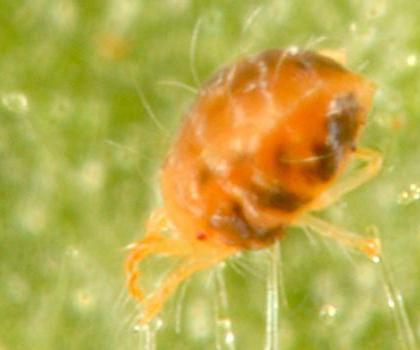
African nightshade lures spider mites to a dead-end
A species of the African nightshade, an important indigenous vegetable in Africa, appears to have inherited from its ancestors a unique ability to defend itself against one of its major pests, the tomato red spider mite, according to a recent study by the International Centre of Insect Physiology and Ecology (icipe).
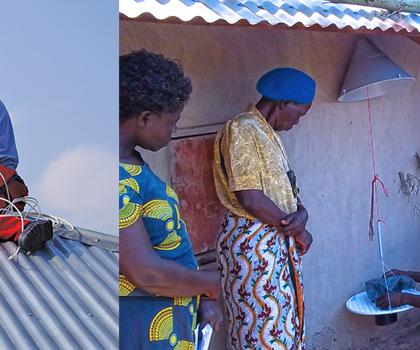
Solar powered mosquito trap offers hope for combating malaria
A newly-developed, solar powered mosquito trapping system (SMoT), which is baited with a synthetic odour blend that mimics human odour, has led to a 70% decline in the populations of Anopheles mosquitoes, the most significant malaria-transmitting species, in Rusinga Island, western Kenya.
